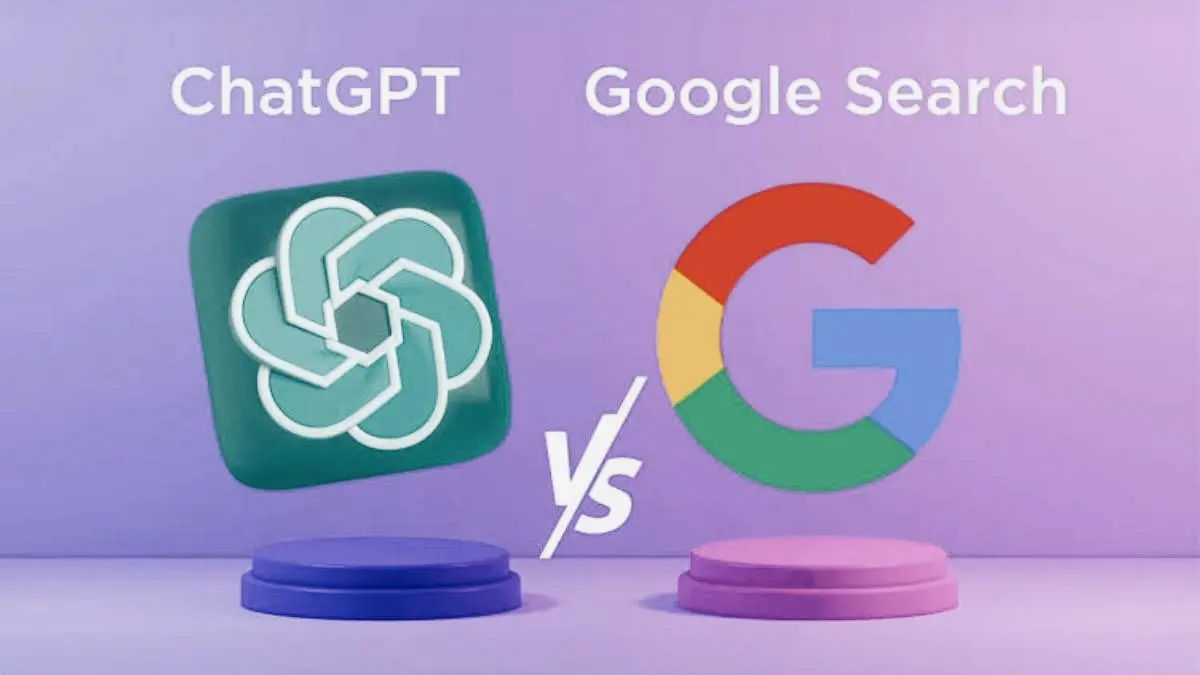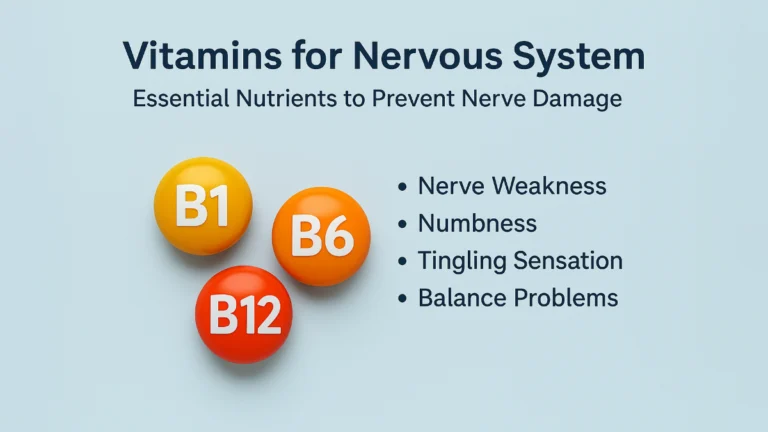Table of Contents
ChatGPT New Search Engine: In the digital age, search engines are fundamental tools that shape our online experiences. Google has long been the dominant player in the search engine space, setting the standard for how we access information. However, OpenAI’s recent advancements with ChatGPT signal a potentially transformative shift, as the AI-powered assistant is evolving to become a viable alternative to traditional search engines. Let’s explore what OpenAI’s search engine brings to the table, and how it compares with Google’s services.
The Rise of ChatGPT as a New Search Engine
ChatGPT started as a conversational AI, enabling users to interact with a virtual assistant that could answer questions, assist with tasks, and provide recommendations. Over time, OpenAI refined ChatGPT’s abilities, enhancing its knowledge base, response accuracy, and contextual understanding. This progression naturally opened doors for ChatGPT to step into the role of a search engine.
The launch of ChatGPT’s advanced search capabilities means users can access tailored information, avoiding the sometimes overwhelming experience of combing through endless search results. Instead of simply returning links, ChatGPT provides direct answers and deeper insights into user queries, transforming the traditional search experience.
Key Features of ChatGPT New Search Engine
1. Natural Language Processing (NLP) at Its Core
• ChatGPT New Search Engine is built upon powerful NLP algorithms that allow it to understand and respond to queries in a human-like manner. This enables users to phrase questions conversationally, similar to asking a person, rather than structuring them in “Google-friendly” keywords. This model makes it especially appealing to users unfamiliar with search syntax.
2. Contextual Understanding: Key Feature of ChatGPT New Search Engine
• One of ChatGPT’s unique strengths is its capacity to remember context within conversations. If a user asks about “the history of Bali” and follows up with a question about “Tanah Lot Temple,” ChatGPT can remember that the context is Bali. Google often requires rephrasing each search independently, without retaining the thread of previous queries, which limits its conversational fluency.
3. Direct, Curated Responses
• ChatGPT’s responses aim to offer concise yet informative answers directly in the chat, often circumventing the need to click through multiple links. For users seeking quick answers or specific information, this feature streamlines the search process significantly. Google, in contrast, often requires users to sift through several pages and websites to find the exact information they need.
4. Dynamically Generated Answers
• Unlike Google, which often relies on returning pre-existing articles or webpages, ChatGPT generates responses on-the-fly. This means that the AI can tailor its answers specifically to the query and provide content that may not exist elsewhere on the internet.
5. Enhanced Privacy and Data Control
• Privacy is a growing concern for internet users, with many apprehensive about the tracking methods employed by major tech companies. ChatGPT’s system doesn’t rely on personal user data in the same way that Google’s advertising model does, appealing to privacy-conscious individuals who seek a less invasive browsing experience.
How ChatGPT New Search Engine Challenges Google’s Model
While Google’s algorithm is highly sophisticated, its search results are shaped by advertising and SEO strategies that influence the content users see. Here are ways in which ChatGPT’s approach diverges from Google’s:
1. Reduced Influence from Ads and SEO Bias
• Google’s search results are heavily impacted by SEO techniques and advertisements. Businesses invest in SEO to ensure they appear higher in Google rankings, which can sometimes skew results towards those with larger marketing budgets rather than the most accurate or helpful content. ChatGPT, however, generates answers based on knowledge and data, unaffected by SEO practices or paid promotions, resulting in a more organic information retrieval experience.
2. Focused Answer Generation vs. Link Aggregation
• Google’s search results often require users to click on multiple links to compile information. ChatGPT, on the other hand, seeks to answer questions in a single response, synthesizing data from a vast range of sources. This is particularly beneficial for complex queries that would otherwise require piecing together information from multiple websites. However, it does also mean that ChatGPT’s answers are limited by its training data and cannot link to primary sources in real-time as effectively as Google.
3. Conversational Flow vs. One-Off Queries
• Google handles queries as isolated events without continuity between them. ChatGPT’s approach allows for a continuous conversation where the AI remembers previous questions and refines its answers. This conversational structure enables users to go deeper into topics and obtain richer, more customized insights that would typically require multiple refined searches on Google.
Limitations and Challenges for ChatGPT
Despite its advantages, ChatGPT New Search Engine faces limitations that prevent it from completely replacing Google:
1. Real-Time Information and Updates
• Google has immediate access to real-time data, allowing it to retrieve the latest news, updates, and current events. ChatGPT, by contrast, relies on periodic updates to its model, meaning it may not have the latest information available. For example, ChatGPT may not be able to provide real-time stock prices, live sports scores, or the latest news—areas where Google excels.
2. Broad Knowledge Base but Limited Specificity
• While ChatGPT new search engine has a broad range of general knowledge, its responses might not be as detailed or nuanced as those retrieved by Google’s specialized search algorithms in certain niches. Google’s depth in technical searches and access to academic databases often surpasses what ChatGPT can provide directly within the chat.
3. Dependence on AI Model’s Knowledge Cutoff
• ChatGPT’s answers are limited by the latest version of its model, meaning it cannot independently verify information beyond its training period. Google, with its extensive index and real-time capabilities, can continuously adapt to new information.
4. Uncertainty in Source Reliability
• ChatGPT generates responses without always providing source citations. While OpenAI’s model strives for accuracy, it lacks the transparency that Google’s linked sources offer, which allows users to evaluate the credibility of information.
Future Implications and Prospects
The introduction of ChatGPT’s search engine represents an exciting shift towards AI-powered information retrieval. Here are some potential developments:
1. Enhanced Personalization with AI-Powered Learning
• As AI models improve, ChatGPT could become even more adept at learning individual user preferences, potentially allowing for a hyper-personalized search experience that adapts to each user’s unique needs over time.
2. ChatGPT New Search Engine have Multimodal Capabilities
• OpenAI’s vision for ChatGPT includes multimodal capabilities, potentially integrating images, audio, and videos into responses, which could create a more comprehensive search experience beyond text-based information alone.
3. Potential for Collaborative Search Models
• In the future, ChatGPT may evolve to allow collaborative or community-driven input in responses, integrating user feedback and expertise directly into its model. This could enable a more democratic approach to knowledge sharing than Google’s centralized algorithms.
OpenAI’s ChatGPT New Search Engine is undoubtedly a strong contender in the search engine landscape, offering a fundamentally different experience from Google. By focusing on contextual, conversational, and advertisement-free search, ChatGPT new search engine aligns with a growing desire for privacy and streamlined information. However, Google’s extensive resources, real-time data access, and SEO-driven content still give it advantages that ChatGPT cannot yet match.
The real test for OpenAI will be to further refine ChatGPT’s capabilities, addressing its limitations while building on its strengths. If OpenAI can consistently improve ChatGPT’s accuracy, add real-time data integration, and enhance user engagement, ChatGPT might not only compete with Google but also redefine what we expect from search engines in the future.
This comparison highlights the promise of ChatGPT’s search engine as an innovative approach to information retrieval and an alternative that could one day be as commonly used as Google.


























